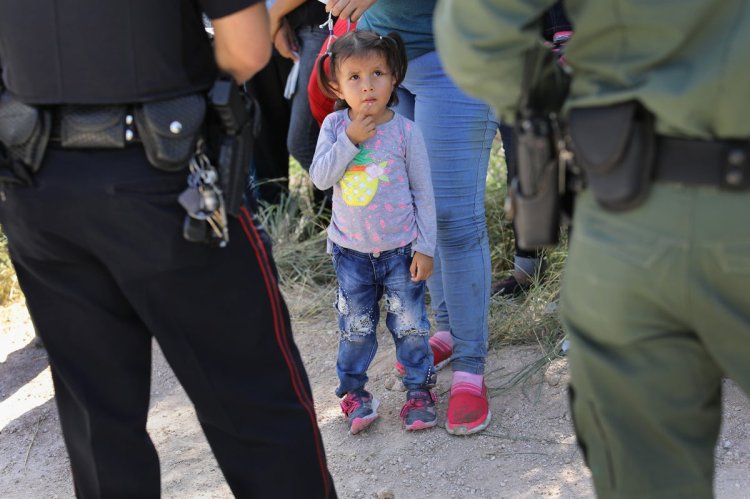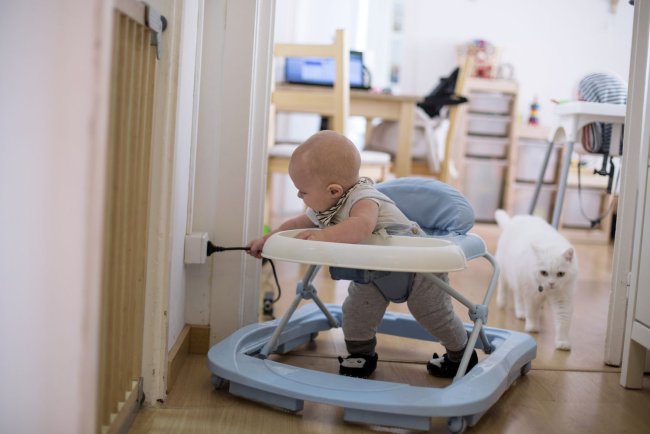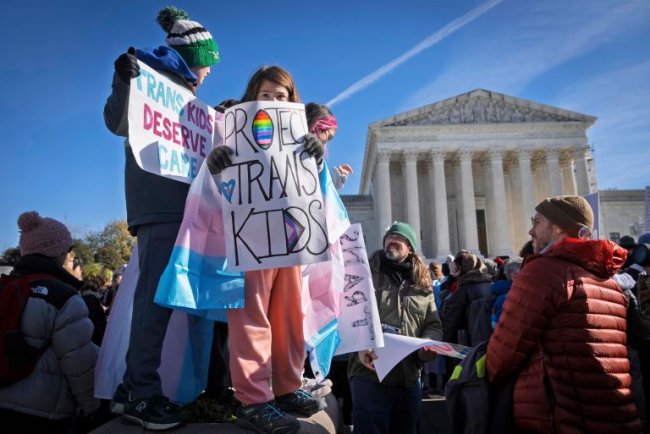The Lifelong Scars of Family Separation: When Policy Becomes Personal
Amid the noise of politics, border walls, and press conferences, one truth cuts deeper than any debate when children are pulled away from their parents, something inside them breaks. Not just their hearts, but something far quieter and more lasting the way their brains grow, the way they learn to feel safe, the way they see the world.

This isn't a drama. It’s biology.
How Stress Becomes Trauma and Trauma Becomes a Life Sentence
When a child is ripped from the warmth of a parent’s arms, their body instantly goes into survival mode. The heart races. Breathing quickens. Stress hormones flood the bloodstream. It’s nature’s way of protecting us from danger.
But here’s the terrifying part when that danger doesn’t stop, when the comfort never comes, the body stays stuck in that emergency state. What should have been a momentary alarm becomes a constant siren inside their tiny bodies. Scientists call it toxic stress, but what it really means is that a child’s brain and body begin to live as if the world is unsafe.
Over time, those chemical surges carve deep marks in the brain. The parts that control learning, memory, and emotion start to misfire. These children struggle to focus, to trust, to calm down. They grow into adults who are more likely to face depression, addiction, and health problems that seem to come out of nowhere: heart disease, diabetes, even cancer.
Childhood trauma doesn’t just live in the mind. It settles into the bones.
Why Connection Is a Biological Need Not Just a Comfort

Every child’s brain is built through thousands of small, tender interactions the kind scientists call “serve and return.” A baby coos, and someone smiles back. A toddler cries, and a parent soothes. These moments of connection literally wire the brain for love, empathy, and stability.
Now picture what happens when that exchange is cut off. When a child already shaken by poverty, violence, or a long, perilous journey is suddenly separated from the only person they trust. That’s not just heartbreaking; it's a developmental catastrophe.
For young children especially, the absence of their parents isn’t simply loneliness, it's confusion at the cellular level. Their brains don’t understand where safety went. The younger the child, the deeper the imprint. And that kind of damage doesn’t fade with time or even with reunion. It lingers.
Layering Trauma on Top of Trauma
Most of the children arriving at our borders aren’t coming from comfort. They’re escaping war zones, hunger, and unimaginable fear. Their journey itself is a story of survival, long days of walking, uncertainty, and exhaustion.
When they finally reach what they believe is safety, they’re met not with care, but with handcuffs and separation. Instead of being held, they’re catalogued. Instead of reassurance, they get cold rooms and strangers.
And even when they’re later reunited with their families, that kind of trauma doesn’t just disappear. It follows them in restless sleep, in the inability to trust, in the constant hum of anxiety that says something bad could happen again.
This isn’t just policy gone wrong. It’s cruelty disguised as procedure.
Beyond Politics A Question of Humanity
We talk about immigration as though it’s a chess game. But these aren’t pawns on a board. They're fragile, frightened, and innocent.
To take them from their parents in the name of deterrence or politics isn’t governance. It’s moral bankruptcy. Every cry from a child who can’t find their mother is a sound that should haunt a nation that claims to value family.
Science has already told us what this does. The data is clear. The damage is permanent. The question now isn’t what happens to these children, it's what happens to us if we keep allowing it.
The Bottom Line
This isn’t about immigration. It’s about empathy.
It’s about whether we see the world in terms of laws or in terms of lives.
When children are separated from their parents, they don’t just lose comfort they lose a piece of their humanity. And so do we.
No political motive, no bureaucratic order, no future apology can ever return what is stolen in that moment.
Because the truth is simple when we harm children, we harm our collective soul.
What's Your Reaction?




















